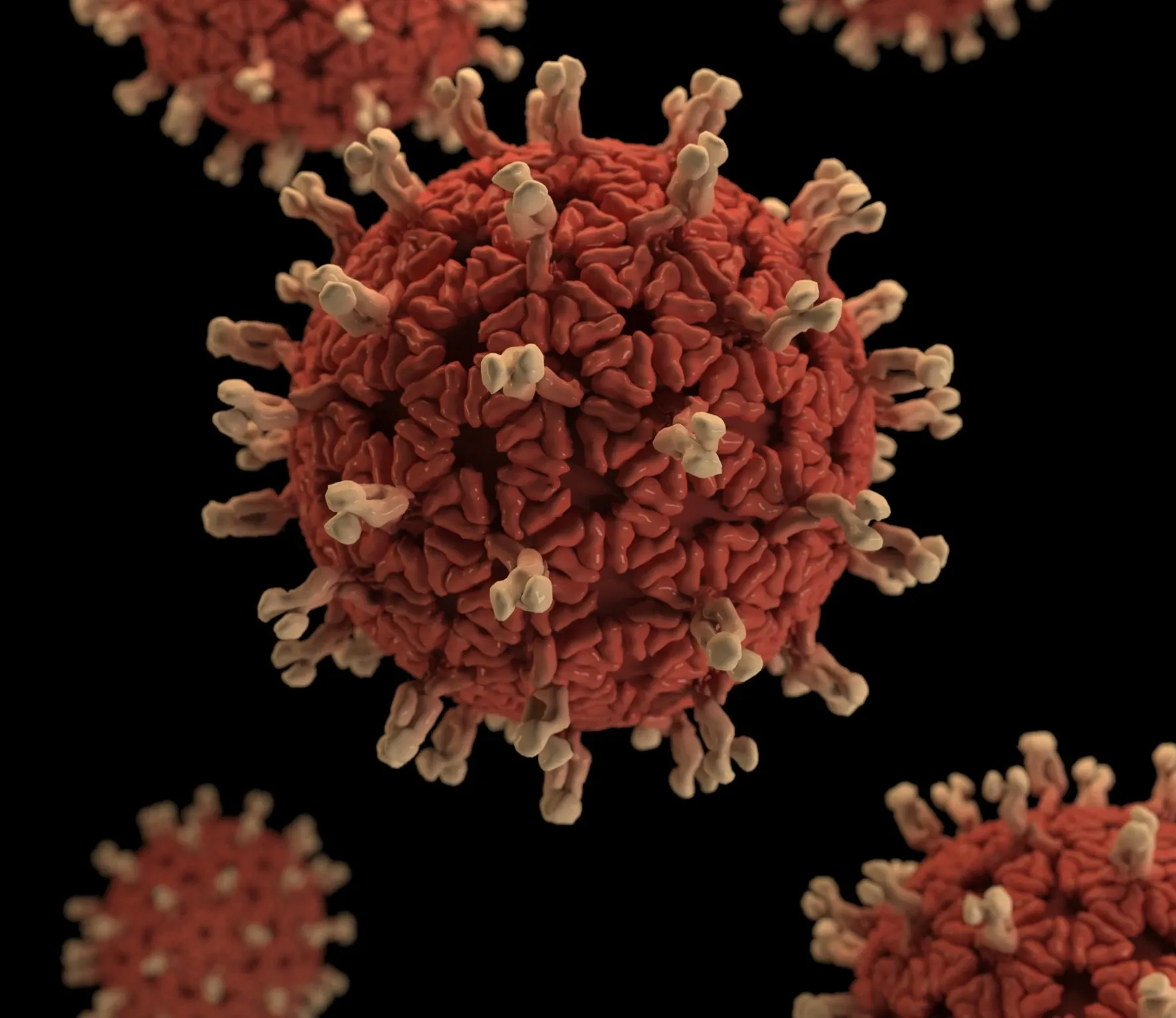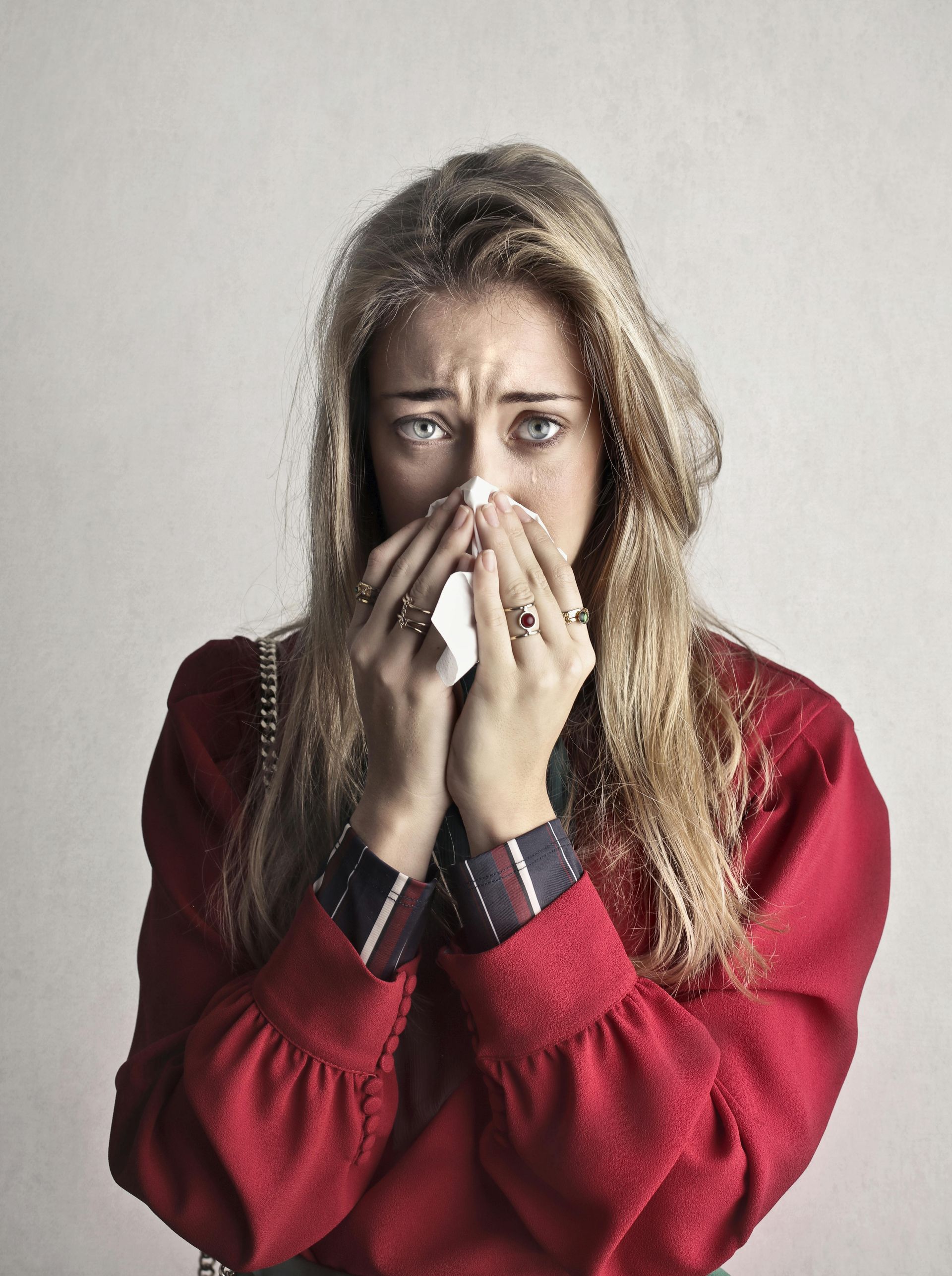This article aims to provide some basic education on viral infections, while mostly focusing on how you can maintain a healthy and strong immune system in order to best prevent the spread of Cornonavirus.
IMMUNE SYSTEM HEALTH
There are many basic factors that contribute to maintaining a healthy immune system. The factors below are not in an order of priority.
- Healthy Nutrition—Below we list some specific recommendations for a healthy immune system diet. These are general recommendations: if you have specific dietary needs, continue to follow your specific dietary needs.
- Whole foods diet—the food is recognizable in its original form. Organic is best.
- Nine or more servings of organic vegetables every day.
- A variety of veggies—try to eat as many different colors of vegetables every day. The colors of the vegetables relate to their health-promoting phytonutrients, so you will consume a greater variety of phytonutrients this way!
- Protein with every meal—this can be vegan or healthy animal-based options (organic; when eating beef—grass fed and finished)
- Appropriate amount of complex carbohydrates—Eat little-to-no carbs with breakfast, about ½ Cup-1 Cup for lunch, and about 1 Cup for dinner. This helps to reduce cravings and maintain healthy blood sugar throughout the day.
- Prebiotic foods—These foods feed your healthy bacterial flora so you produce more probiotics: garlic, onion, leeks, asparagus, chicory root, dandelion greens, jerusalem artichoke, bananas, gluten free oats, cocoa, freshly ground flax seed, seaweed.
- Avoiding inflammatory & toxic foods as much as possible, including processed sugar, fried foods, preservatives, non-organic foods, artificial ingredients.
- Sleep—The amount of sleep people need varies, although on average, 7-8 hours is a good goal. Most importantly, you want to feel rested and refreshed in the morning. Make sleep a priority!
- Learn to Manage Stress—Stress can wreak havoc on the immune system, especially when we worry about something (or have fear). While we can’t control all of the stressors that can exist in life, we can control our response to them. Having a daily practice of stress reduction and relaxation-promoting activities is a game changer for life! Some options include breath-focused or guided meditation, deep breathing, progressive muscle relaxation, journaling, yoga, tai chi, chi gong, dancing, walking calmly in nature. Choose what works best for you—this means that you feel a shift into more of a relaxed state and letting go of stress. Try to incorporate one or more into your daily regimen to boost immunity and stay calm in times of stress.
- Supportive Supplements (see section below)
There are many supplement options available—here are some of our top favorites:
- Probiotics—60-70% of your immune system cells are in the gut! Maintaining a healthy microbiome with fermented foods and supportive supplements is protective. There are many great probiotic options: you just want to be sure that the company tests the probiotics’ shelf life (not just the amount of strains that were present when it was manufactured). More robust support with 100 billion:
Orthobiotic 100. Click for details about the supplement.
- IgG Protect—Provides IgG antibodies that directly support the immune system by creating a greater amount of antibodies, which fight off invading organisms.
Click for details about the supplement.
- Vitamin D3 + K2—Vitamin D and K2 enhance the immune system and reduce inflammation. It is important to take Vitamin K2 w/ Vitamin D3. Vitamin D3 also enhances calcium absorption, and the Vitamin K2 supports that calcium to go to the bones, rather than to soft tissue like the the arteries.
Click for details about the supplement.
- Vitamin C—helps encourage the production of white blood cells known as lymphocytes and phagocytes, which help protect the body against infection. It also helps these white blood cells function more effectively while protecting them from damage by potentially harmful molecules. (Most of the vitamin C on FullScript has been sold out. As of yesterday, there were still a few left so I’d recommend checking right away if you are seeking vitamin C). Many are sold out, so we are not recommending a specific product. Purchase what is available.
- Inflavonoid Intensive Care—features curcumin, fenugreek, and xanthohumol which help support the body’s response to oxidative stress and other stressors. It also has boswellia and ginger extracts to help support the body’s immune response.
Click for details about the supplement.
- ImmuCore—designed to provide a multiple mechanistic approach to support immune health. This formula features Ultra Potent- C- developed for enhanced cellular uptake of Vitamin C, combined with zinc, Vitamin D, and a concentrated blend of mushroom extracts.
Click for details about the supplement.
UP-TO-DATE INFORMATION from John Hopkins University for Coronavirus Cases:
Here is a link that provides impressively current updates on the Coronavirus distribution.
https://www.arcgis.com/apps/opsdashboard/index.html#/bda7594740fd40299423467b48e9ecf6
TREATMENT AND MEDICAL MANAGEMENT
Like the influenza virus, coronavirus is managed symptomatically and with time and supportive care. Here is what we know:
- Coronavirus, like other viruses, is spread person-to-person through droplets contained in sputum from sneezing, coughing, or blowing one’s nose. Typical droplets can travel up to 6 feet. You can also become infected with the virus from touching a
contaminated surface (such as a door handle or table top) and then touching your face (nose, mouth).
- Although the virus can be spread prior to symptoms appearing, patients are considered to be most contagious when they are
most symptomatic
WHAT ARE THE SYMPTOMS?
It’s important to remember that, like most upper respiratory viruses, coronavirus causes mild to moderate cold- or flu-like symptoms in the average person. There is some evidence that the coronavirus may be more contagious than the flu, and may cause more severe symptoms in at-risk individuals, including the elderly as well as those with preexisting lung or heart disease, or those who suffer from any number of chronic illnesses such as diabetes. People in these groups should be especially diligent in following the prevention measures.
Commonly reported symptoms:
- Mild symptoms include fever, headache, runny nose, sneezing, sore throat, cough and muscle aches and pains.
- Moderate symptoms include all the above symptoms plus a feeling of shortness of breath and mild pneumonia.
- Severe presentations of the illness include severe pneumonia symptoms including labored breathing and signs of respiratory distress and should be managed in a hospital setting.
IN BOULDER COUNTY
At this time, the CDC is requiring all patients who are suspected to have coronavirus to be evaluated at
BOULDER COMMUNITY HOSPITAL or to contact the
BOULDER COUNTY HEALTH DEPARTMENT.
—Physicians are NOT able to screen or test for coronavirus at The Healing Collective—
Additionally, if you think you may have coronavirus, DO NOT COME TO THE OFFICE. We are taking these measures to prevent the spread of any illness to other patients.
MEDICAL APPOINTMENTS AT THE HEALING COLLECTIVE
You are welcome to change your appointment to a phone appointment. For anyone paying cash pay (not using insurance), the payment will remain the same. For patients with insurance, we are unable to bill for a phone appointment, so you will pay the cash pay rate and we will not bill your insurance.
Please keep in mind: If you do not have health insurance and have an appointment in our office in the future, we are happy to do a phone appointment instead. If you have health insurance, we are unable to bill insurance for a phone call appointment. As an alternative, you can pay our self-pay prices. We are, however, looking into telehealth to see if this can be used to pay for your appointment. Feel free to check back with us—we should know in the next few days.
FREQUENTLY ASKED QUESTIONS
Because this particular virus is new to us, information is emerging every day as scientists and doctors are scrambling to understand how COVID-19 is diagnosed, treated and exactly how to prevent and manage the disease in our communities.
What if I do not qualify for the coronavirus criteria, but I am still experiencing symptoms?
Because we are still in the normal cold and flu season, it is much more likely that people with acute upper respiratory symptoms have a typical virus, such as a common cold, influenza or streptococcal infection (strep throat). If you feel acutely ill, but you do not meet the above CDC coronavirus criteria, we recommend that you let the medical facility know that you are exhibiting viral illness symptoms and wish to be seen. Make sure and call the facility well before your visit. That way you and the staff can plan for the appointment by providing the appropriate isolation practices for safe strep and flu testing.
Prevention: How do I protect myself and my loved ones?
The absolute best thing you can do to protect yourself is to avoid contact with known sick people or those exhibiting symptoms of an upper respiratory infection.
Here is the
CDC’s website to better educate yourself on virus prevention:
Who is most at risk?
Older adults, which the World Health Organization considers to be 60 yeas old or above.
People who have serious chronic medical conditions like: heart disease, diabetes, lung disease and anyone with a suppressed immune system.
What if I have symptoms?
If you suspect that you may have been exposed to the coronavirus and are experiencing symptoms, you should call your local public health department right away, using the guidelines below.
Contact the
public health department if:
- You have FEVER + lower respiratory symptoms (cough, or shortness of breath), plus a personal history of recent travel to China, Italy, South Korea, Japan, Iran or other known countries heavily impacted by the epidemic
- You have FEVER + lower respiratory symptoms above + known contact with someone who has tested positive for the virus
- You have FEVER + severe lower respiratory symptoms (severe shortness of breath, or signs of respiratory distress) that require hospitalization, even without know contact or exposure to the virus
For general questions about COVID-19 in Colorado
- Call CO-HELP at 303-389-1687 or 1-877-462-2911
- You can also email COHELP@RMPDC.org for answers in English.
For local public health agencies and healthcare providers only
- From Monday thru Friday, 8:30 a.m.- 5:00 p.m., please call 303-692-2700
- For after-hours, holidays, and weekends, please call 303-370-9395
If you are sick
- Stay home except to get medical care, if needed.
- Try to isolate yourself from other people and animals in your home
- Call ahead before coming to see your doctor
- If you are sick, wear a face mask when out in public or when sharing a room or vehicle with another person
- Cover your coughs and sneezes
- Clean your hands often
- Avoid sharing personal household items
- Clean frequently contacted surfaces regularly- tabletops, counters, door handles, remotes, cell phones, etc.
- Monitor your symptoms and seek medical attention if your illness is worsening- difficulty breathing, fever that does not come down to below 100.5F with Tylenol or ibuprofen, change in mentation, marked lethargy or fatigue.
We hope you are able to stay calm and healthy during this worldwide pandemic. With the tips and suggestions we have given in this article, we hope that you are empowered to protect yourself as well as your loved ones.
Be well,
The Healing Collective



















